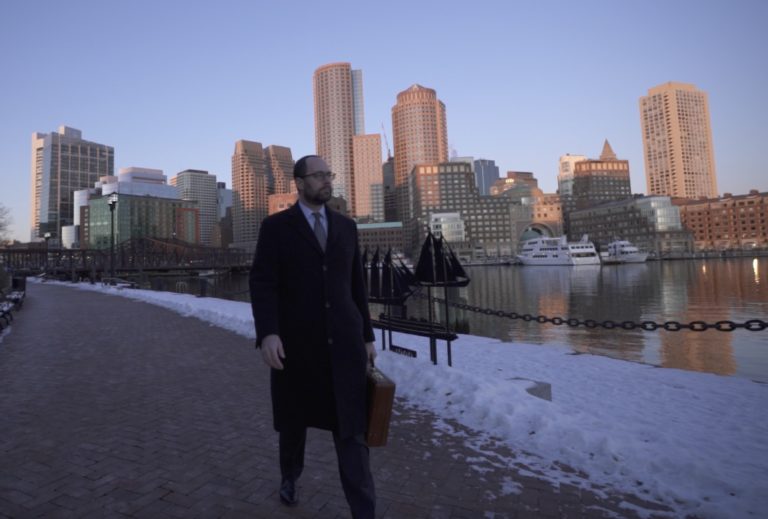
ABUSE PREVENTION ORDERS
Boston Restraining Order Lawyer / Boston 209A Defense Attorney
If you have been served with a restraining order in Boston or elsewhere in Massachusetts, contact me today. You need a high quality criminal defense attorney to help you avoid the consequences of an extended 209A restraining order: your freedom, your home, access to your children, firearms, and much more.
A restraining order can be a powerful tool to protect victims of domestic violence and abuse. Unfortunately, they are often used as a way to punish an ex-husband, partner, or family member. As a defendant, the deck is stacked against you from the start. Temporary restraining orders are granted without a chance for you to even defend yourself. And with only ten days to prepare for your hearing, you will need to act fast. If you lose the hearing, the order will likely be extended for a year. An experienced Boston restraining order lawyer will work with you to gather evidence, contact witnesses, and prepare a strong defense.
Although the plaintiff is required to prove that he or she is in fear of imminent physical harm from you, judges are often reluctant to deny issuing restraining orders. There are many reasons for this, including the recent publicity of high-profile domestic violence and abuse cases. No judge wants to end up on the front page of the Boston Globe for denying a restraining order to a victim who is subsequently murdered by her abuser. Clearly, there are very good reasons that restraining orders exist. That being said, an innocent person should never be subject to the consequences of a restraining order because of a vindictive ex-spouse. Learn more about how a Boston restraining order lawyer like Joseph B. Simons can build a case in your favor and prevent some of these consequences.
Consequences
If an order has been extended against you, the consequences are wide-ranging and severe. If you have any firearms, you will immediately have to surrender them to the police. Your name will be added to a criminal database. You may even be forced to leave your own home.
While a 209A restraining order is a civil court order, an alleged violation will lead to criminal charges. A violation can be as simple as contacting the plaintiff by phone, email, text message, or facebook. Even third party contact, such as a mutual friend relaying a message, would constitute a violation.
An alleged violation that leads to criminal charges can quickly escalate. An experienced Boston restraining order attorney can help you minimize the consequences of an alleged violation. The penalties for a conviction call for a maximum jail sentence of 2½ year, plus a $5,000 fine.
Terminating a Restraining Order
When an order has already been extended, you have a right to petition the court to terminate the order. In order to be successful, you will need to prove, by clear and convincing evidence (a fairly high standard), that the plaintiff is no longer in fear of imminent physical harm. We can gather additional evidence, contact witnesses, and request a hearing to argue for the order to be removed.
Modifying a Restraining Order
A significant change in circumstances can be grounds for modifying an order. For example, if you got a new job that requires you to drive by the plaintiff’s neighborhood, we can petition the court to change the order so you don’t risk criminal charges for being in violation.
Appealing a Restraining Order
You have the right to appeal a restraining order extension within 30 days, to the Massachusetts Appeals Court. The Appeals Court will decide whether there were any errors of law in your original hearing, or if the trial court judge’s decision was clearly erroneous.
Contact a Boston Restraining Order Attorney
If a restraining order has been issued against you, or if you are accused of violating a 209A order, you need the expertise of an experienced Criminal Defense Attorney. Contact me today at (781) 797-0555 for a free evaluation of your case.